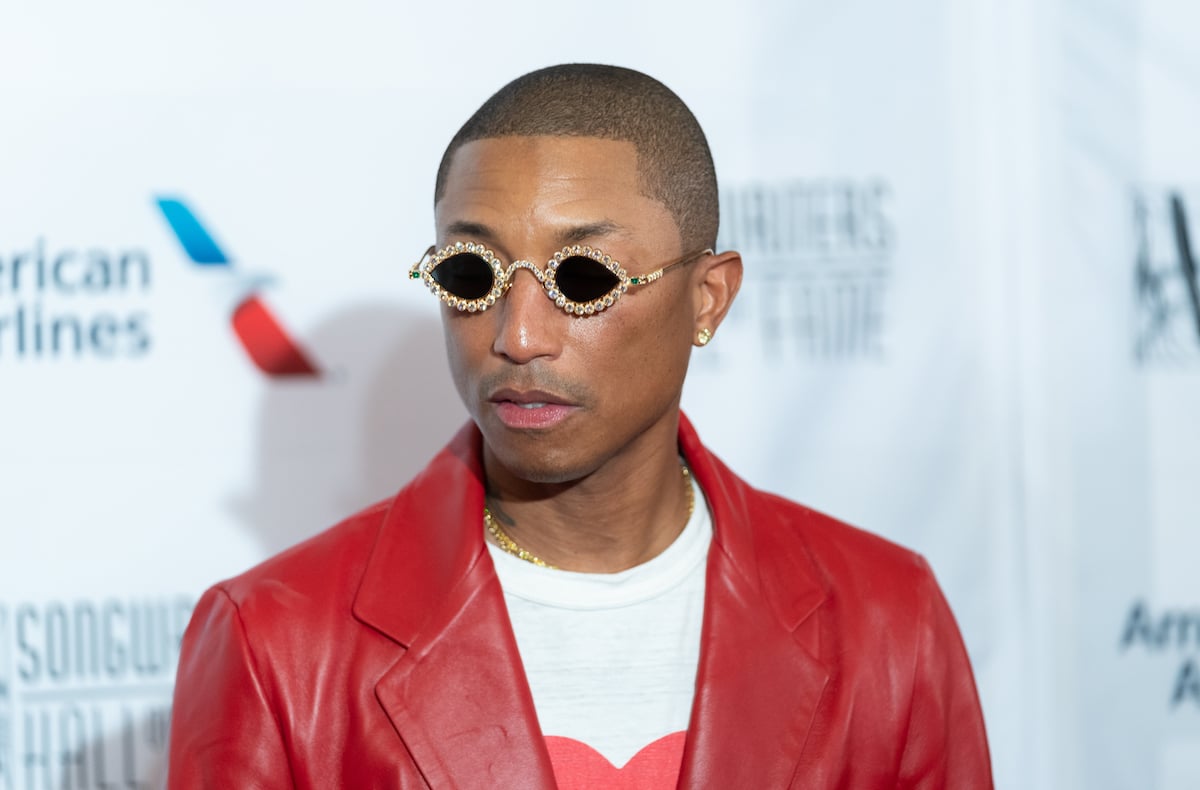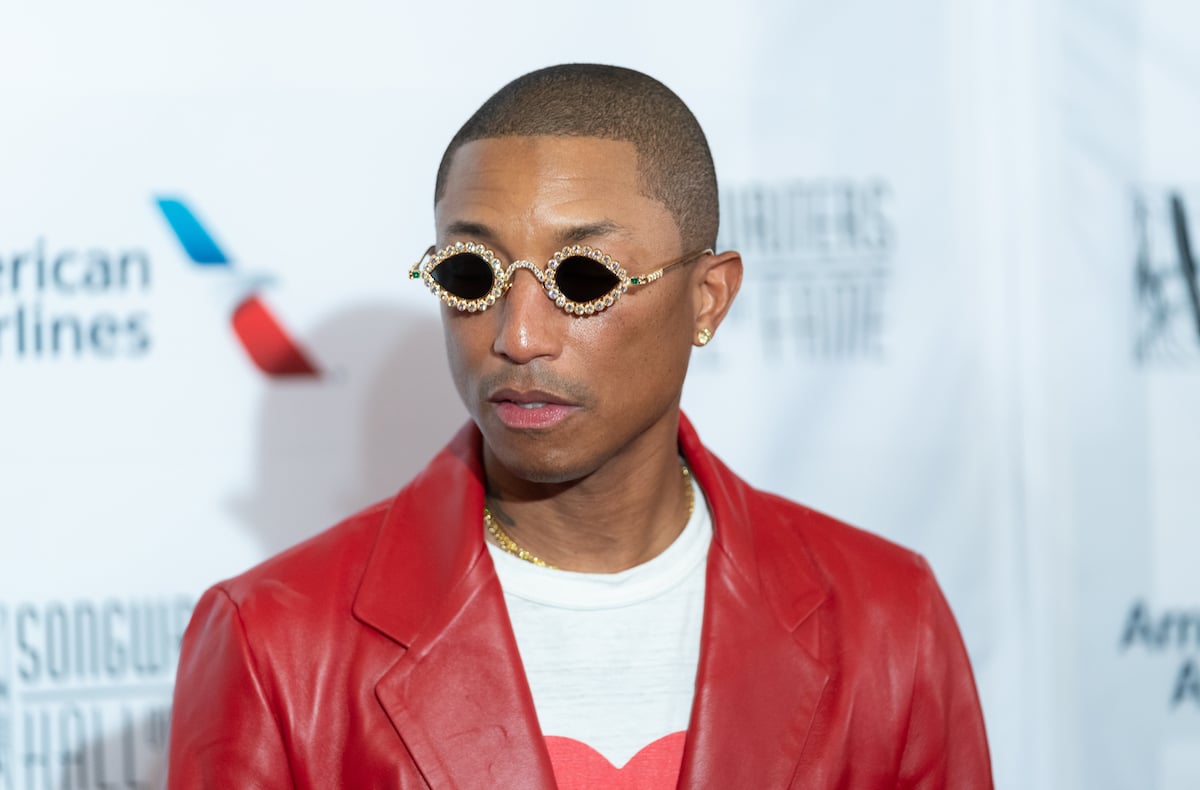
Pharrell Agrees His Song ‘Happy’ Is Annoying
The song “Happy” was not only the first but the only single released from the Despicable Me 2 (2013) soundtrack. Pharrell Williams wrote, produced, and performed the neo-soul track and starred in a long-form music video of the same title.
The song was reissued in December 2013 by Back Lot Music, a subsidiary of Universal Pictures, under an Exclusive License Agreement with Columbia Records. “Happy” also became the lead single to Williams’ 2014 studio album Girl.

Who would have imagined that nearly a decade after its initial release fans would be complaining about how the song annoys them.
Hearing the hit song “Happy” played so much has even Pharrell Williams annoyed
Due to the song’s uptempo and neo-soul flavor, “Happy” easily crossed social and cultural lines, allowing it to saturate weekly top music charts around the world. Not only did it peak at number one in the U.S., Canada, the U.K., New Zealand, Ireland, and 19 other countries, but it sold nearly 6.5 million copies in the U.S. in 2014.
The U.K. came in second with around 1.5 million copies sold, making it the 8th highest-selling single in the country’s history. But when does too much popularity start hurting a song like “Happy?”
Recently, the world learned through the Twitterverse that even Williams is getting annoyed by how much his own song. While there isn’t necessarily a clear reason why he is annoyed, a few other fans left comments in response to the first stating they were annoyed by how often it was played. “I liked it until the 4 millionth listen. Then it became agony,” one fan wrote.
The culture of the commercial music industry is at the root
As pointed out by the Daily Mail, “it turns out there’s one very important factor that decides which new releases get played: money.” It’s also the reason they continue to play songs that are years or even decades old and has “very little to do with what listeners actually want.”
According to the Daily Mail, the first thing radio stations consider is how many times a song has been downloaded. The second factor lies in agreements they make with record labels. To put it simply, commercial radio stations play popular music to entice listeners. The more listeners a station has the higher its ratings.
Like a moth to a flame, advertisers are attracted to high ratings, because the more listeners, the more potential lead generation. Not only does this depreciate certain songs like Williams’ “Happy,” but it alienates indie artists who can’t come near affording air time.
Pharrell Williams’ music made him one of the most influential in music
Williams’ longevity bespeaks what he has contributed to Hip Hop, R&B, and funk, as well as to mainstream pop. Williams was still a kid in high school when he and Chad Hugo started The Neptunes and co-wrote Wreckx-N-Effect‘s Rump Shaker (1992). That means he not only co-wrote his first-ever track for a famous group but did so while still in high school. The Neptunes also produced one of Snoop Dogg’s most iconic singles, “Drop It Like It’s Hot.”
Among notable accolades, Pharrell Williams won the Award for Best Pop Vocal Album for co-producing Timberlake’s debut solo studio album Justified. He received the 2013 Grammy Award for Album of the Year for co-producing Daft Punk’s studio album Random Access Memories. On top of that, he won two additional awards for the album’s hit single Get Lucky. In 2018, Williams got a Grammy Award for Best Pop Vocal Album for co-producing Ariana Grande’s fourth studio album Sweetener.
Today, despite “Happy” annoying some fans, Williams is widely regarded as one of the most influential people in music. According to Billboard, Williams won three more Grammies for producer of the year, non-classical than anyone else in this century.


